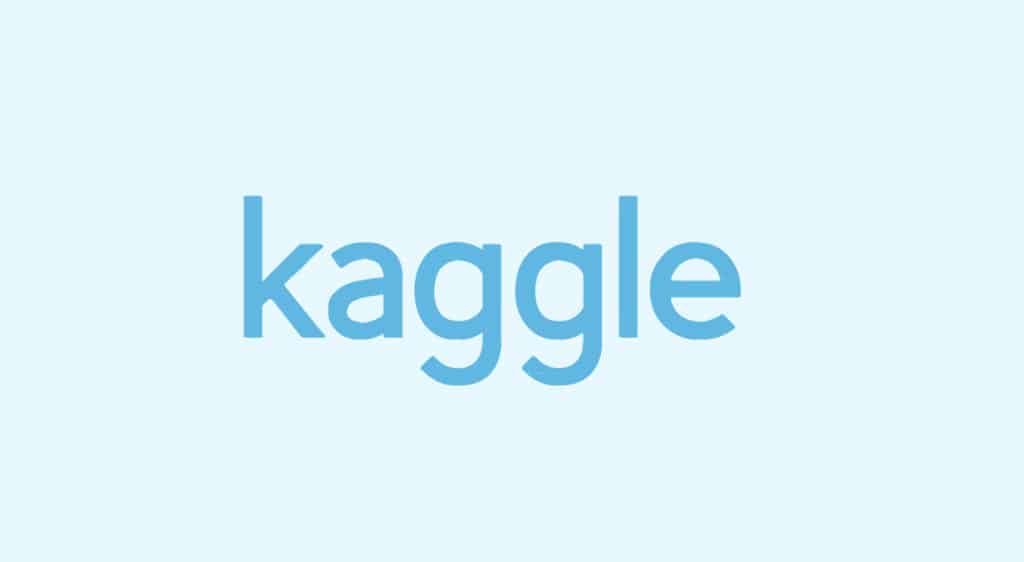If you’ve been involved in data science for some time, you’ve likely come across Kaggle. And if you haven’t, you’re bound to soon. Let’s explore what Kaggle is together and why this tool has become an essential part of the world of Data Science!
What is Kaggle?
Kaggle is a web platform that hosts the world’s largest community of Data Scientists, with over 536,000 active members in 194 countries and nearly 150,000 submissions per month. It provides powerful tools and resources to support advancements in data science.
Similar to DataScientest, Kaggle offers a customizable Jupyter Notebooks environment that requires no setup. Users can access GPUs and a vast amount of data and code shared by the community for free. Inside Kaggle, you’ll find all the code and data you need for your data science projects, including over 50,000 public datasets and 400,000 public notebooks available to everyone.
This platform is trusted by some of the world’s largest data science companies, such as Walmart and Facebook. Kaggle enables data professionals and other developers to participate in machine learning contests or data challenges, write and share code, and host datasets.
The topics covered on Kaggle are incredibly diverse, ranging from attempts to predict cancer occurrence by examining patient records to sentiment analysis of movie reviews. The platform offers engaging and challenging projects where contributors can learn and practice, and it provides discussions with industry leaders and experts.
In summary, on Kaggle, a user can:
1. Find and publish datasets.
2. Explore and build models in a web-based environment.
3. Collaborate with other professionals and enthusiasts.
4. Participate in competitions to challenge themselves on innovative topics.
Kaggle competitions
Competitions are a central pillar of Kaggle, serving as a driving force for motivation and performance benchmarking. While there is a competitive spirit, the Kaggle community remains supportive, and your questions are always welcome. The primary goal is to push the boundaries of data science innovation. Competitions on Kaggle come in four different types:
1. Sponsored Competitions: These are sponsored by companies, associations, and even governments, offering substantial prizes to winners.
2. Research Competitions: These are research-oriented, with smaller victory prizes compared to sponsored competitions.
3. Recruitment Competitions: These are relatively rare and come with a job offer from the sponsoring company as the prize.
4. Beginner Competitions: While these competitions don’t have cash prizes, they are designed for new users, featuring accessible topics and easily interpretable data. You can join them at any time to gain experience.
Kaggle’s diverse range of competition types caters to both experienced data scientists looking for challenges and newcomers eager to learn and apply their skills.

Where do I start using Kaggle?
Are you now convinced of the value of Kaggle and eager to get started? Here are some tips to help you succeed in joining this community:
1. Progress Gradually: The best way to improve is to take it slow and steady, starting with simple topics and easily interpretable data.
2. Draw Inspiration from Top-Voted Notebooks: Kaggle provides rankings for “best” notebooks for each competition. These notebooks are often well-explained and progressive in their approach.
3. Use the Forum Liberally: Similar to DataScientest’s training, Kaggle offers a forum for seeking help from other users. There are no stupid questions, and “Kagglers” are often more than happy to assist fellow enthusiasts.
4. Try Solo Work for Personal Challenges, Then Collaborate: Challenge yourself by working solo, and then collaborate with others to push the boundaries of your knowledge.
5. Follow DataScientest’s Training: To gain a deep understanding of the concepts and become a professional Data Scientist or Analyst, consider enrolling in DataScientest’s certification courses.
Practicing data science can be technically challenging, and Kaggle has transformed this field since 2010 by offering an accessible and comprehensive platform. The wide range of difficulty levels ensures content for all skill levels and interests.
If you aim to climb the Kaggle rankings and gain an in-depth understanding of the concepts to turn this hobby into your profession, join DataScientest’s certified training programs now!










